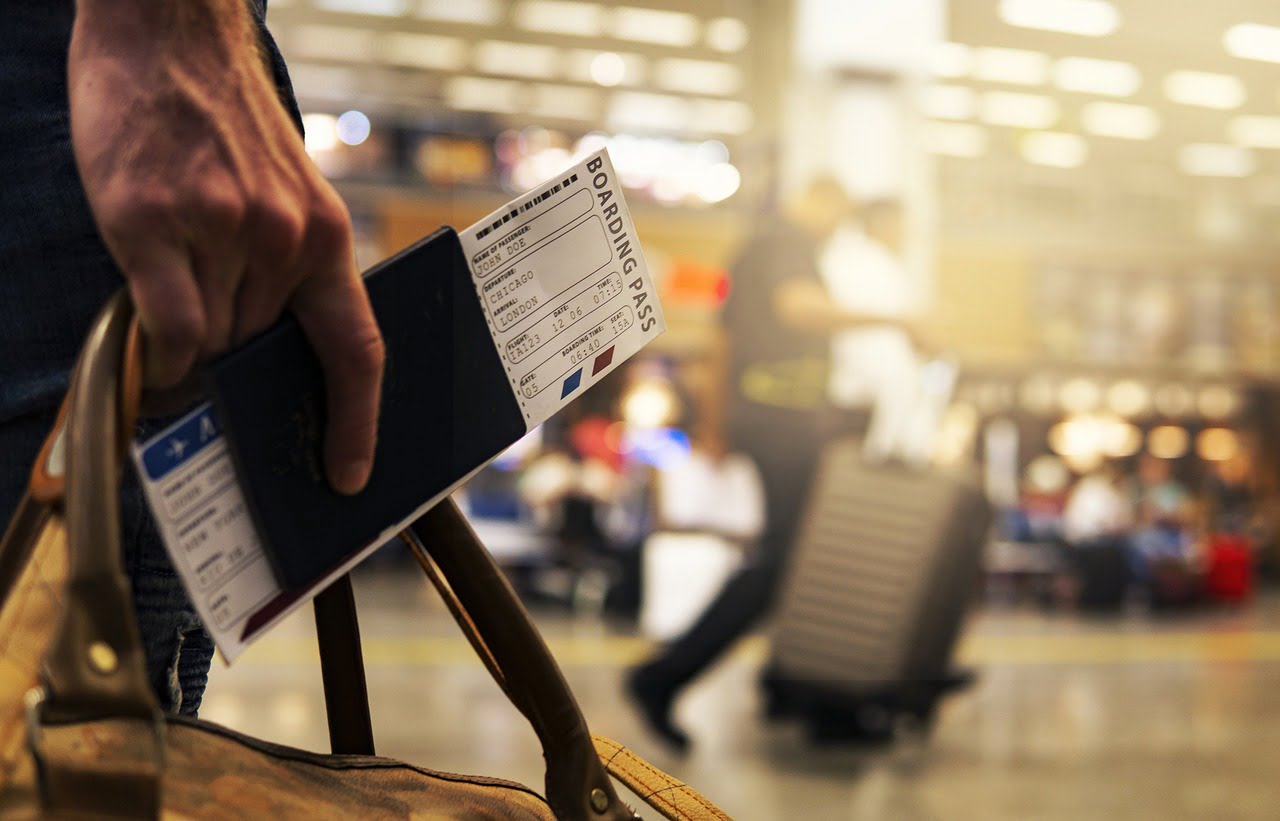Welcome, fellow travelers, to a lighthearted exploration of a topic that can disrupt even the most meticulously planned trips – flight cancellations. In this article, we’ll delve into the laid-back side of understanding why flights get canceled, offering insights that might make those unexpected changes a bit more manageable. So, fasten your seatbelts as we navigate through the common causes of flight cancellations. 1. Weather Woes One of the primary culprits behind flight cancellations is inclement weather. From thunderstorms and hurricanes to heavy snowfall, adverse weather conditions can affect airport operations, leading to delays and cancellations for the safety of passengers and crew. 2. Mechanical Gremlins Even with rigorous maintenance schedules, airplanes, like any other machinery, can encounter technical issues. When safety is a concern due to mechanical problems, airlines opt to ground the aircraft, leading to flight cancellations until the issues are resolved. 3. Air Traffic Congestion In the bustling world of air travel, air traffic congestion is a common challenge. Overcrowded airspace and airport runways can result in delays and, in some cases, lead to flight cancellations as airlines work to manage the flow of flights safely. 4. Crew Scheduling Woes Crew scheduling problems, such as unexpected illness or exceeding the allowable working hours, can lead to flight cancellations. Ensuring the well-being and adherence to regulations for flight crews is paramount for airline safety. 5. Airport Operational Issues Airports are complex systems that require smooth coordination for efficient operations. Issues such as runway closures, security incidents, or technical glitches in airport systems can contribute to flight cancellations. 6. Unforeseen Circumstances Occasionally, unforeseen circumstances like political unrest, natural disasters, or global events can disrupt air travel. Airlines may cancel flights due to safety concerns or logistical challenges arising from these unexpected situations. 7. Aircraft De-icing Delays In cold weather conditions, the need for aircraft de-icing is crucial for safe takeoffs. However, this process can lead to delays, and in some cases, flight cancellations, particularly during peak travel times or when de-icing facilities are overwhelmed. 8. Regulatory Compliance Matters Airlines must adhere to strict aviation regulations, and if a flight cannot meet these regulatory requirements, it may be canceled.This could include issues with documentation, compliance with air traffic control directives, or other regulatory obligations. 9. Economic Factors Occasionally, economic factors such as fuel shortages, sudden spikes in fuel prices, or financial challenges faced by airlines can lead to operational disruptions, including flight cancellations. 10. Pandemic-Related Challenges The global COVID-19 pandemic has introduced a new set of challenges for air travel. Health and safety measures, travel restrictions, and fluctuations in passenger demand can all contribute to flight cancellations in these unprecedented times. Navigating the Skies with Resilience While flight cancellations can be a traveler’s bane, understanding the various reasons behind them can bring a sense of perspective. As you embark on your next adventure, remember that resilience and flexibility are your best companions in the ever-changing world of air travel. Thanks for joining us on this breezy exploration of flight cancellations. Until our paths cross again in another enlightening article, safe travels and see you soon! Ready to take action? We’re with you!Our Facebook page is buzzing with practical tips and support.Dive into our website for actionable guides and tools.And to stay ahead of the curve, subscribe to our newsletter for insider tips and exclusive content.

